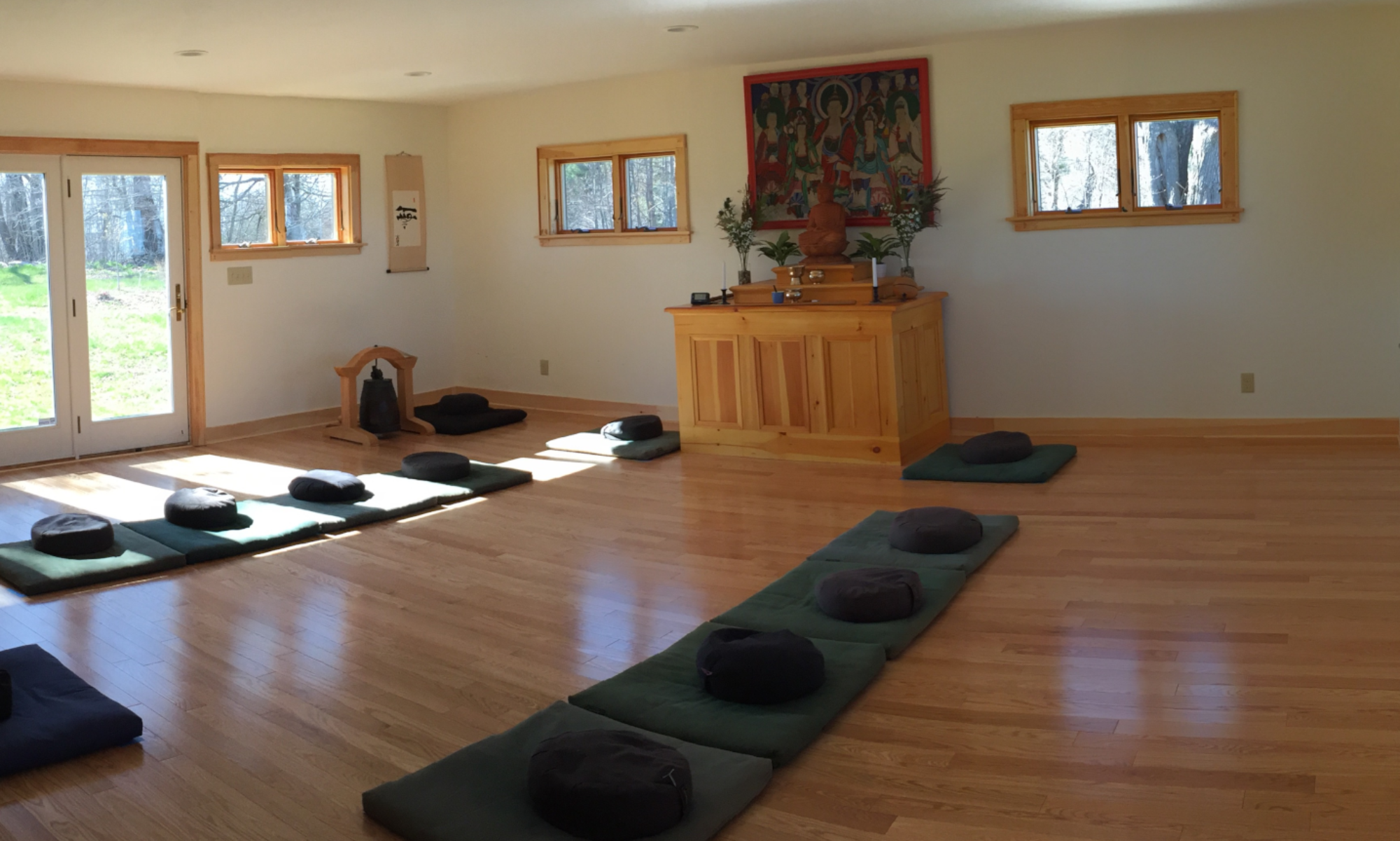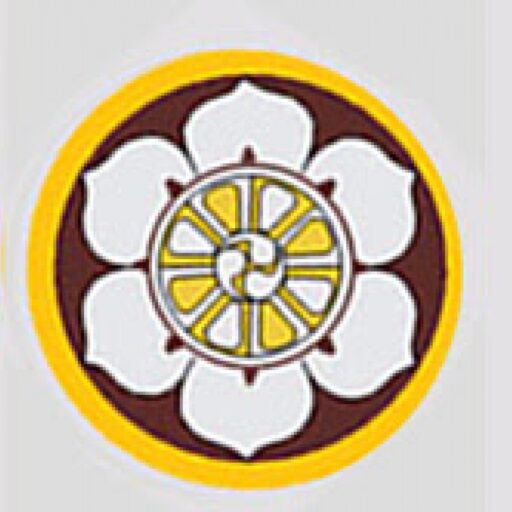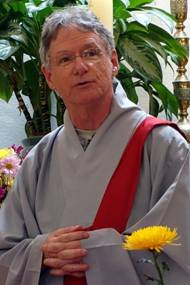Many of these events are available both in person and online, via zoom
Events for 2024
| Jan 7 – Mar 31 | Winter Kyol Che, PZC | |
| Jan 27 | Sat | One–Day Retreat with Terry Cronin JDPSN , NLZC |
| Feb 24 | Sat | Half-day Retreat (Extended Practice) NLZC |
| Mar 30 | Sat | One–Day Retreat with Terry Cronin JDPSN , NLZC |
| Apr 6/7 | Sat/Sun | Buddha’s Birthday and Precepts Ceremony, PZC |
| Apr 27 | Sat | Kido Retreat, NLZC |
| May 25 | Sat | One–Day Retreat with Terry Cronin JDPSN ,NLZC |
| Jun 29 | Sat | Half-day Retreat (Extended Practice) NLZC |
| July 27 | Sat | One–Day Retreat with Terry Cronin JDPSN , NLZC |
| Aug 3/4 | Sat/Sun | Founder’s Day Weekend, PZC |
| Aug 11 | Sun | Precepts Ceremony at NLZC 10am, followed by Sangha Day @ approximately Noon. |
| Aug 31 | Sat | Half-day Retreat (Extended Practice), NLZC |
| Sept 28 | Sat | One–Day Retreat with Terry Cronin JDPSN, NLZC |
| Oct 26 | Sat | Kido Retreat, NLZC |
| Nov 30 | Sat | One-Day Retreat with Terry Cronin JDPSN, NLZC |
| Dec 07 | Sat | Buddha’s Enlightenment Day Ceremony, PZC |
| Dec 28 | Sat | Half-day Retreat (Extended Practice) NLZC |
For all-day retreats, arrival and registration for new participants will begin at 6:50 am. For experienced participants arrival and registration begins at 7:50. All-day retreats end at 4:30 pm; half-day retreats end at noon.
FMI or to register for a retreat, email, northernlightzencenter@gmail.com or call (207) 835-1480.
Monthly Dharma Talks will be on the first Wednesday of every month at the end of practice.
When we practice meditation with others, our mind habits and opinions become clear and we can begin to let them go. Then, our inherent compassion and wisdom can support us in developing helpful relationships with everyone we meet.
Meditation practice is now open to people who have had their covid vaccination. We also have Zoom access to practice as well. Please contact the Northern Light Zen Center via our contact form or by emailing northernlightzencenter@gmail.com for the meeting id and/or to be on our email list.
Our Wednesday general format is below. The zoom session will be open at 6 for folks to gather and chat as well as for new student orientation. Practice ends at 8:30 pm, but the zoom session will remain open until 9 pm for folks to converse and ‘drink tea’. All are welcome. Please reach out to us with questions or to request details for practice nights
| Weekly | Tuesday | Morning Meditation | 6:30 am |
| Weekly | Wednesday | New Student Orientation | 5:45 pm |
| Formal Practice** | 6:45 – 8:30 pm | ||
| Weekly | Friday | Morning Meditation | 6:30 am |
| Monthly | Extended Formal Practice 8:00 AM to Noon | Extended Formal Practice | 8:00 am – Noon |
| Weekly | Sunday Practice – In Person and Zoom | Formal Meditation Practice | 9:00 am – 10 am |
| See Retreats and Events Page for dates and times of retreats and extended practice days. |
Kong-an interviews second Wednesday of each month. If a teacher is there for extended practice on Saturday there will be Kong-an interviews. But that is not a guarantee. Please don’t expect interviews on extended practice Saturdays.
Download a Kwan Um School Chanting Book here.
| Evening Practice Schedule (Wednesday) Formal practice including bows, chanting and sitting meditation practices. Dharma talks monthly. 5:45 Orientation for new students 6:30 General arrival 6:40 Recite 4 Great Vows; 3 Bows 6:45 Chanting 7:05 Sitting meditation 7:35 Walking meditation 7:45 Sitting meditation 8:15 Reading from Zen Books 8:20 Discussion 8:30 Tea, conversation and departure Four Great Vows Sentient beings are numberless. We vow to save them all. Delusions are endless. We vow to cut through them all. The teachings are infinite. We vow to learn them all. The Buddha Way is inconceivable. We vow to attain it. Bows Prostrations are an extension of formal practice and yet another way to cut off all attachment to thinking and “just do it”. Prostrations could be likened to the ’emergency measure’ for clearing the mind. They are a very powerful technique for seeing the karma of a situation because both the body and the mind are involved. Bows are a gesture of humility. We do not bow to another, but rather in the face of the “other”. On the Buddhist altar is a figure of Buddha, this is the other. Bowing acknowledges the other, but not as something separate. The bow, and prostration come from the most profound depths of our aliveness. Chanting Chanting meditation means keeping a not-moving mind and the perception of the sound of your voice. Regular chanting makes our center stronger and stronger. With a strong center, we can control our feelings. When we are no more slave of our feelings and thoughts, we become free and independent. Sitting is very wonderful, but by itself it is not complete practice. It is easy to become self-absorbed and not even realize it. When we act together, then we can see the walls of self popping up as our mind reacts to what other people do and to what we do or are afraid of doing or are proud of what we’ve done. Chanting means acting together. It means listening to other people without judgment. It means supporting each other. It means acting completely, without hindrance and without self-delusion. It joins us to the sangha, the community. Chanting is meditation in action. Download a Kwan Um School Chanting Book here. Sitting Meditation We sit usually 30 minutes in the classical posture: legs crossed, back straight, eyes half open, the hands in mudra and natural breathing. Meditation is not really dependant on the form of the body, but rather on the way you keep your mind. You can stand up or use a chair, if your body hurts too much. During meditation we ask our selves without interruption the question: ‘What am I?’ When this question is sincere, thinking stops and ‘Don’t Know’ appears. ‘Don’t Know’ is the name of the mind before thinking. You can call this point mind, Buddha, God, Nature, the Absolute, Holiness, Energy or Consciousness, but originally this point has no name or form. Cutting all thinking and returning to ‘Don’t Know Mind’, you return to your true nature. Our true nature is like a mirror. You become One with the situation you are living. When the lights are red, you stop. When the lights are green, you go. |
For any practice or retreats, please know that we respect people’s judgment if they choose not to travel for safety reasons due to conditions. We try to follow the Town of Topsham when it comes to inclement weather. If there is a parking ban in Topsham, then practice for that night is likely cancelled. Please check Topsham for parking bans.
Guiding Teacher for Retreats
Terry Cronin, JDPSN started practicing Zen and Christian contemplation in 1980 while a student at Yale Divinity School. Since 1986, he has trained in the Kwan Um School of Zen. He received inka from Zen Master Soeng Hyang in April 2014. Terry is the Guiding Teacher for Northern Light Zen Center, Cape Cod Zen Center and Plymouth Zen Group. He retired at the end of 2021 after working in hospice care for over 25 years. He lives in Maine and has one adult son.


